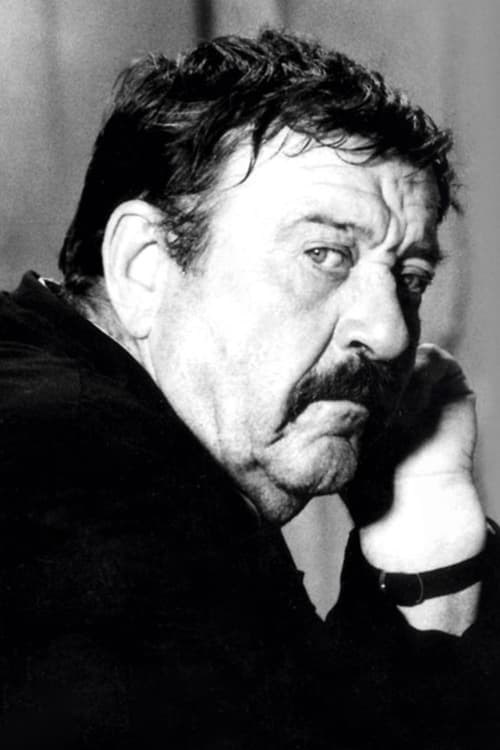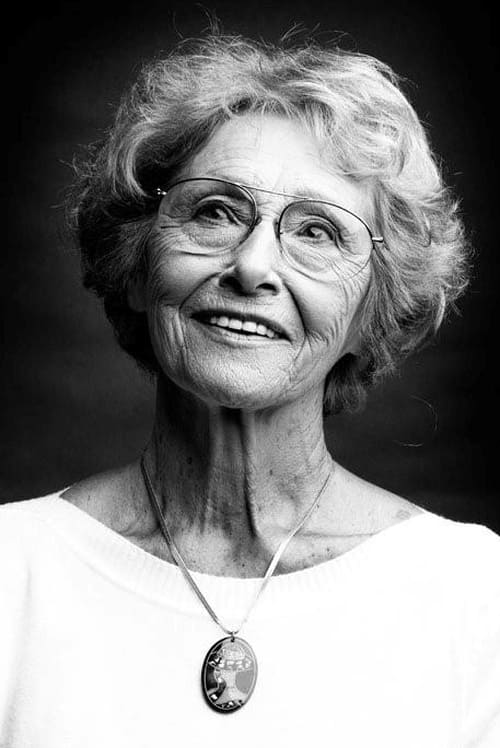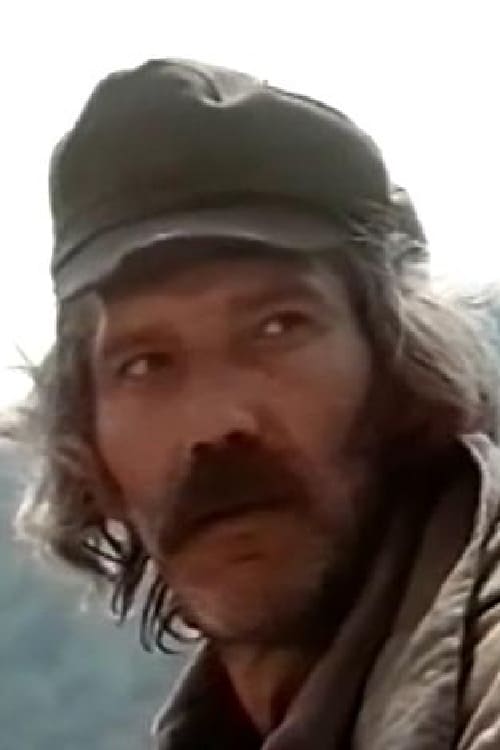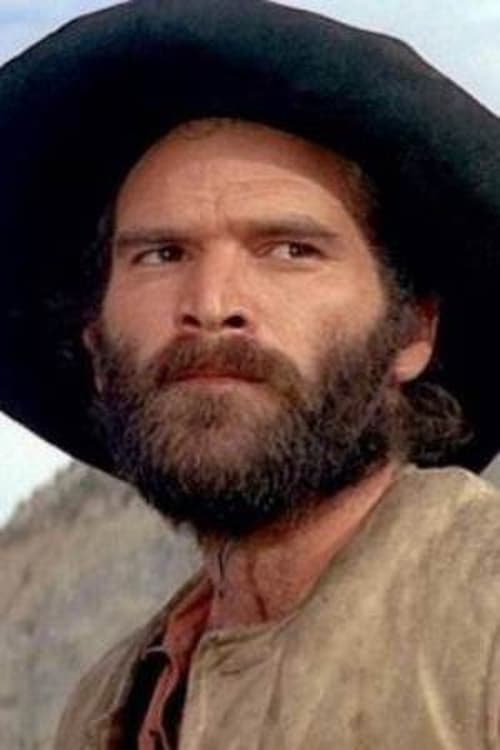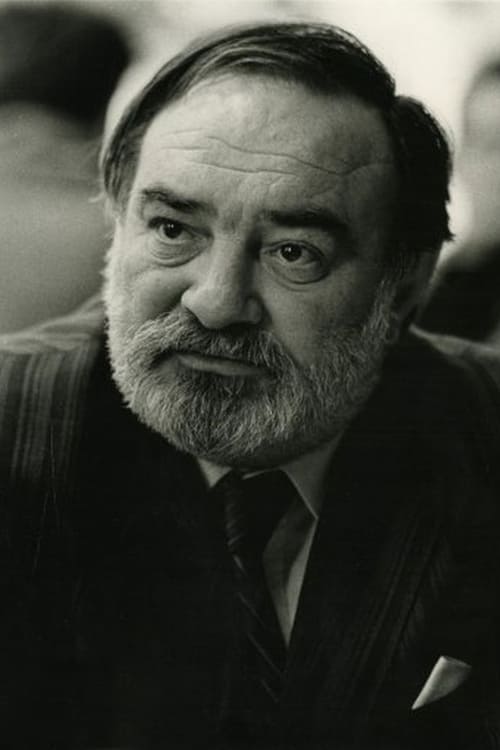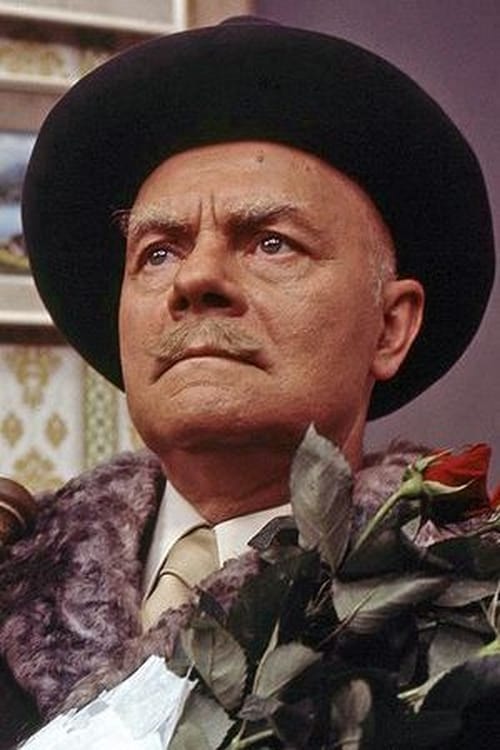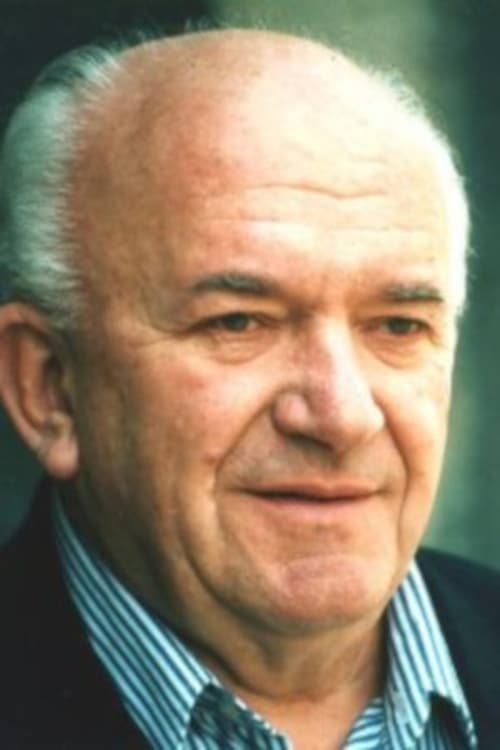The Farm in the Small Marsh (1976)
ジャンル : ドラマ, 戦争
上映時間 : 2時間 6分
演出 : Branko Bauer
シノプシス
War arrives to a small secluded village in Vojvodina. The Germans take a group of hostages through the village and on their way molest a small boy. As revenge, the boy sets the German corn on fire. An intelligent and shrewd Gestapo officer Šicer arrives to investigate. He does not even suspect that he is up against a group of small boys, led by Milan and Vaso, and orders that all men from the village be taken to custody. He announces that one man will be shot each day unless the real culprit steps forward. Children contact the partisans.
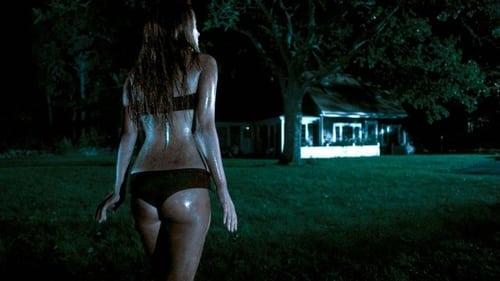
After narrowly escaping an ancient burial ground, long forgotten and buried underneath the marshes of Cape Cod, a group of friends emerge from the thick, marshy darkness, tattered and bloody, lucky to be alive. They have already lost two of their friends in the marsh, presumably dead. They stumble upon an empty Cape Cod vacation house alongside the foggy marsh and break in to take shelter. Whatever was in the marsh is still after them and soon after one of them goes for help, the rest of the group learns that the evil in the marsh is not the only thing that wants them dead. Something worse, something more savage, was lying in wait just outside the marsh, in the house. What happens next is unspeakable, horror that cannot be unseen. These unlucky travelers spend their St. Patrick's Day trapped between two evils forcing them to fight, die, or go back the way they came.
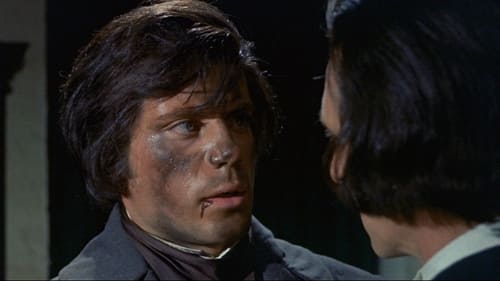
A captain and his sailors investigate the rampaging "Marsh Phantoms" terrorizing a coastal town, but their search is hindered by a local reverend and a horrifying curse.
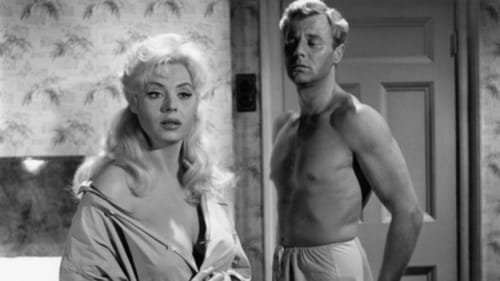
When a woman inherits a valuable house, her nasty husband and his mistress plot murder. But the house has a protective poltergeist who thwarts the wicked pair.

The story interleaves the destinies of two families, a Serbian from Bosnia and a Hungarian, in a village on the border.
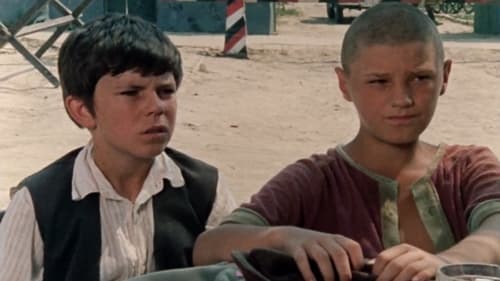
War arrives to a small secluded village in Vojvodina. The Germans take a group of hostages through the village and on their way molest a small boy. As revenge, the boy sets the German corn on fire. An intelligent and shrewd Gestapo officer Šicer arrives to investigate. He does not even suspect that he is up against a group of small boys, led by Milan and Vaso, and orders that all men from the village be taken to custody. He announces that one man will be shot each day unless the real culprit steps forward. Children contact the partisans.

Life in a small town, sunk in boredom and lack of excitement where dogcatcher is very important person.

A ballad of unequal marriage taking place between the Slovak minority in Vojvodina, Serbia.

Follows a man who, after 40 years, comes back to his hometown. There he has nobody. His friends from America are coming after him to get him back and small village in Vojvodina becomes lively as never before.

Doctor who lived at the edge of a swamp was found murdered with his neck slaughtered. Investigator, together with a jury made up of local farmers, comes into the doctor's cabin and tries to discover the cause of his death. The two sources may be of any help: a diary of the doctor, and the testimony of a journalist, the doctor's friend, who was with him at the moment of death. Based on the Ambrose Bierce novel with the same name.

Goose Feather (Serbian: Jesen Stiže, Dunjo Moja) was Serbia submission to the 77th Academy Awards for the Academy Award for Best Foreign Language Film, but was not accepted as a nominee. Vaguely based on a song By Djordje Balasevic called "Prica o Vasi Ladackom" (the story of Vasa Ladacki). The story is about a very poor boy that wanted abundance and wealth because he basically didn't own anything. He was in love with an equally poor girl that his father wouldn't accept. He moves to another village and starts drinking...

Settlers from infertile parts of Yugoslavia, arrive to rich Slavonia and Baranja. There they are faced with the decree of the Communist government by which they will be left without the land that they received in the process of collectivization just a year ago. The peasants fiercely resist the government's decision. Milisa Matic is a peasant who fights against the establishment of peasant cooperatives because in that case many peasants would lose their newly acquired land. The Communist government has decreed the founding of cooperatives and Markan Radisic is in charge of their establishment. When Markan's son proposes to Milisa's daughter, the two men confront each other. In self-defense Markan kills Milisa, however the national court fails to find mitigating circumstances. On the way to prison he listens to the news on radio about the abolition of agricultural cooperatives.
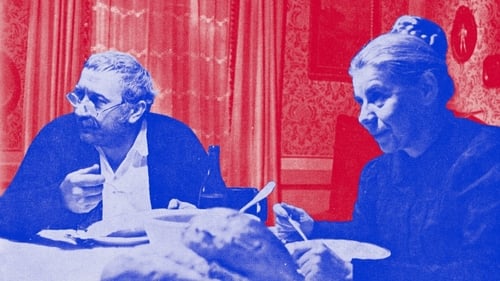
The story takes place during WW II in Vojvodina. Two boys, Milan and Rasa, are sent from a partisan squad to a village for the winter. Soon Rasa becomes very ill and Milan goes to a nearby village populated by Germans. Here he finds a job as servant in Jakob Jerih's house. At night, Milan secretly nurses his friend Rasa in a hut in a swamp near the village. Soon, he finds another hiding place in master Jerih's stable. Jerih likes the diligent Milan and he even considers adopting the boy, but Jerih's cousin and assistant is against this idea. Namely because he counts on inheriting master Jerih's estate.

The story of the film is set in the period from the 1940s until today in the Pannonian plain (the plain in the Central Europe), in an area of elusive boundaries, mysterious and unstable spiritual identity. The witness of the time is a Jewish boy Benya Cohn who, with his eye wide open, remembers the tragedy of his family, in the shadow of the Holocaust, concentration camps and new wars.

Small village farmers grow tobacco which they are forced to sell to the government for next-to-nothing prices. This repeats with Italians during the WW2, and with the communists after the war. Boiling point is getting high.

A docudrama about The Danube Swabians, descendants of the youngest German tribes who, moved to the territory of Vojvodina in the 18th century looking for a better life. The story follows their destiny from the very beginnings of their settlement in this region, through their situation during the WW2 and to the present time. The film tells the story of Maria, a girl who is a descendant of The Danube Swabians. She comes to Vojvodina to find the old house of her grandfather, who was exiled after the War. There she meets a local guy named Misha who helps her in her journey. Together they travel throughout Vojvodina meeting witnesses of traumatic post-war events who have survived the communist camps. During their adventure, they discover completely new facts about The Danube Swabians that have been hidden from the public for decades.

Godina drove to the north of Serbia, Yugoslavia's Vojvodina province, and shot several folk singers and their families, introducing a wealth of Yugoslav folk music.

The story of the collapse of Vojvodinian village during the great flood in 1947. The people, their fate and suffering, love and deaths.

The Belarusian born in Yugoslavia considers completely himself as a Yugoslav. Still during the Soviet-Yugoslav conflict his origin will be reassessed.

A community nurse Ema comes to work in a small village in the lowlands as a replacement, where she discovers the diary that her antecedent left behind, thus finding out more about the ill children she cured and the secrets of this sleepy settlement.

Set just before the end of WWI on the abandoned farm in Vojvodina, the story follows the wife of an Austo-Hungarian colonel of a battered battalion who pays him a visit, only to experience the true Empire's decline through the meeting with disillusioned army.



